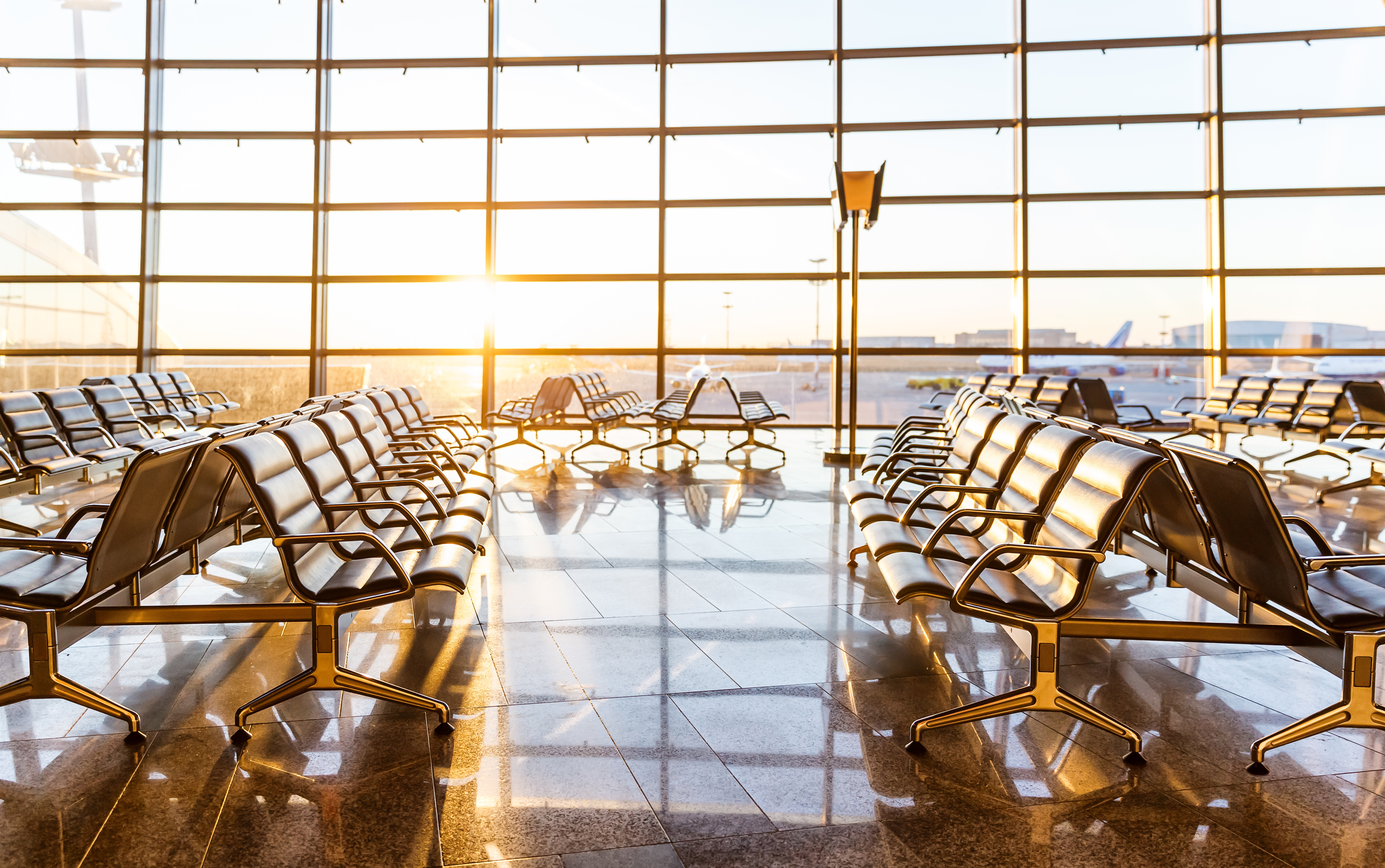Impacts of COVID-19 on Australia-India Trade
Asialink Business CEO, Mukund Narayanamurti, joined 12 other expert panellists for an online roundtable discussion on the economic impact of COVID-19 on India-Australia trade.
The April webinar was hosted by the Australia India Business Council Ltd (AIBC) and the Federation of Indian Chambers of Commerce and Industry (FICCI) and panellists shared their insights on the hardest hit sectors including, tourism, international education, banking, infrastructure, healthcare, technology and innovation.
The panel included:
- Mr. Dilip Chenoy, Secretary General, FICCI (Welcome Address)
- Mr. Jim Varghese AM, National Chair, AIBC (Moderator)
- Mr. R.B. Karjee, First Secretary (Economic & Commerce), High Commission of India Canberra
- Mr. Peter Varghese AO, Chancellor, University of Queensland
- Dr. Stephanie Fahey, CEO, Austrade
- Mr. Gitesh Agarwal, Queensland Trade and Investment Commissioner – India
- Dr. Tanya Unni, Amtan Medical and Healthcare Industry Chair AIBC
- Mr. Mukund Narayanamurti, CEO, Asialink Business
- Mrs. Sheba Nandkeolyar, CEO, Multiconnexions
- Mr. Irfan Malik, CEO, InQ Global Innovation
- Mr. Badri Subramanian, Head of Sales & Innovations Lab, TCS Australia & NZ
- Mr. Sameer Arora, General Manager, NASSCOM Australia
- Mr. Pranay Kumar, CEO, State Bank of India – Australia
A complex dynamic
The forum heard that as a result of COVID-19, a complex dynamic was playing out in both Australia and India, where different sectors were being impacted at different levels of intensity and as a result, recovery timelines for each would vary.
While there were concessions that the short to mid-term economic outlook for both countries was fairly grim, it did not necessarily mean that longer-term growth trends in the relationship would fundamentally shift.
It was observed that crises in fact tend to accelerate history rather than create new history. But it was noted that things are changing so rapidly that it is difficult to predict the immediate future and to do so would be largely speculative.
The travel bans that are in place have of course brought tourism to a standstill and restricted the movements of international students. Both of these sectors are of enormous importance to the Australia-India trade and investment relationship.
 Image: Abandoned Airport, Shutterstock
Image: Abandoned Airport, Shutterstock
Education is Australia’s largest service export to India and was worth AU$5.5 billion in 2019, while Indian students in Australia numbered almost 110,000. COVID-19 is presenting our education sector with enormous challenges including, placing a spotlight on our duty of care for international students, creating pressure on future enrollments, and requiring current students to operate in remote, online environments.
It was noted that this was a time when international students, including those from India, were something of a ‘lost tribe’ and it was important for Australia to position itself as a country with a heart when it came to enticing students back and not be viewed as being only interested in recovering lost revenues.
India is Australia’s seventh-largest inbound market for visitors and before the pandemic was our fastest growing, with 350,000 visitors last year, an increase of 53 per cent. Current restrictions also naturally prevent corporate travel, but there are hopes of a relatively quick rebound once restrictions are eventually lifted.
Greater focus on innovation
In regard to trade and commerce more broadly, physical restrictions have seen the fast-tracking of digitisation and online retail and a greater focus on innovation. Over the longer term there is an opportunity for India to position itself as a global leader in frugal innovation in medical devices and technologies.
India, for example, has quickly responded to global demand for affordable ventilators with its car manufacturers retooling to produce them as the country sets a target of manufacturing 50,000 ventilators per month by the end of May, up from 5,580 units in March.
For Australia, there is the prospect of building on existing research partnerships and collaborations with India across various areas, including healthcare.
Narayanamurti noted that a key measure of Australia’s India Economic Strategy to 2035 (IES) was to grow our outbound investment to India by ten-fold and COVID-19 disruption presented risks to achieving this target.
At a more optimistic level, however, he said superannuation funds could sharpen their thinking when it comes to allocating capital to longer-term assets, which could include investing in infrastructure projects in India.
Supporting continued trade
The forum also heard that Austrade was doing all that it could to support the continuation of air and shipping freight to ensure a level of trade between our two countries could continue.
 Image: International freight, Shutterstock
Image: International freight, Shutterstock
The importance of engagements such as the recent Australia India Business Exchange (AIBX) mission to India were cited, with regret that momentum from the mission couldn’t further build due to the pandemic.
As a general observation, the agility shown by many businesses in adapting to circumstances was highlighted. Business models were changing, and innovation was being embraced. New opportunities were being pursued and digital technology was being widely utilised in areas such as healthcare, education and for virtual meetings.
Business as usual can no longer be accepted as a prudent option and corporates are being urged to think like start-ups which requires cultural change, risk-taking, adaptivity, resilience and continual learning.
It was also noted, that in many respects, the current crisis meant that the Australia-India relationship was more important than ever – particularly given its prospects for future growth, as the world enters the post-COVID-19 recovery phase.
